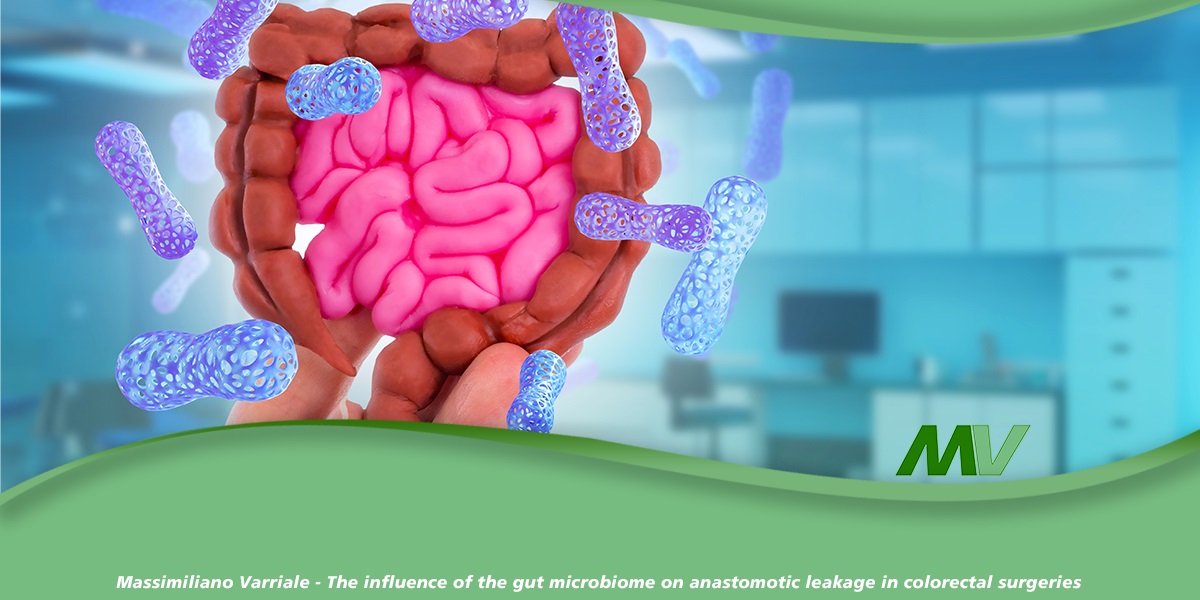The influence of the gut microbiome on anastomotic leakage in colorectal surgeries
Anastomotic leakage represents one of the most serious postoperative complications in colorectal surgeries, with significant implications for patient morbidity and mortality. Recently, research has begun to explore the impact of the gut microbiome on this risk, suggesting a potentially critical link that could influence future clinical practices.
The gut microbiome is composed of billions of bacteria, viruses, fungi and other microorganisms living in the gastrointestinal tract. This complex ecosystem plays crucial roles not only in digestion, but also in modulating the immune system, protecting against pathogens, and producing essential vitamins and neurotransmitters. Alterations in this delicate balance, known as dysbiosis, have been linked to a variety of pathological conditions, including inflammatory bowel disorders, obesity, diabetes, and, more recently, post-surgical complications such as anastomotic leakage.
Anastomotic leakage occurs when the surgical union between two segments of the intestine fails to heal properly, leading to dehiscence that can cause severe infection and further complications. Recent studies have begun to investigate how the microbiome may influence this healing process:
- Regulating the immune response: The gut microbiome modulates the local and systemic immune response. A balanced microbiome helps maintain a controlled inflammatory response, which is crucial for healing anastomoses. Conversely, a dysbiosis can lead to an exaggerated or inadequate inflammatory response, compromising healing.
- Producing bioactive substances: Gut bacteria produce a variety of metabolites, such as short-chain fatty acids (SCFAs), which can have protective effects on the intestinal mucosa and promote healing. Reduced production of these compounds can decrease mucosal resistance and alter tissue regeneration.
- Interaction with pathogens: A healthy microbiome can suppress the growth of pathogens through competition for nutrients and adhesion sites, as well as through the production of antimicrobial substances. Alteration of this dynamic can facilitate infection at the anastomotic site.
Recent studies have examined the specific role of certain bacterial strains and their association with the risk of anastomotic leakage. For example, a higher abundance of certain pro-inflammatory bacteria correlates with an increased risk of dehiscence. These findings open the way for potential preoperative interventions, such as modulation of the microbiome through probiotics, diet, or other microbial therapies, to improve surgical outcomes.
The impact of the gut microbiome on anastomotic leakage is an emerging field of research that promises to revolutionize approaches to colorectal surgeries. As the understanding of these mechanisms continues to evolve, it is clear that the microbiome plays a significant role in the success of surgical procedures and overall patient health. Future studies will be crucial to develop strategies aimed at optimizing the preoperative microbiome and reducing the risk of postoperative complications such as anastomotic leakage.

